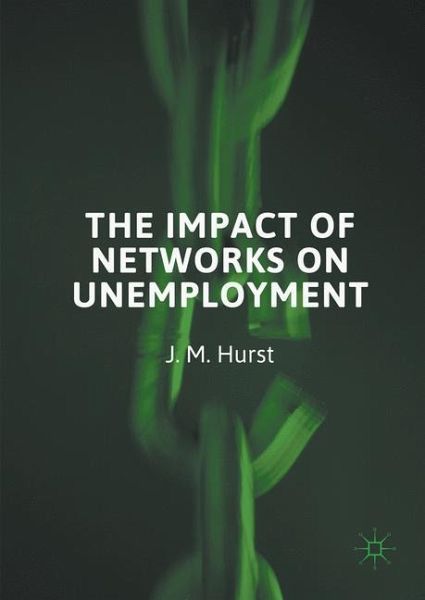
The Impact of Networks on Unemployment

PAYBACK Punkte
19 °P sammeln!
This book investigates why networks, some with joined-up governance remits, appeared ineffective in handling neighbourhood unemployment even in periods when the national unemployment levels dropped. It deploys a multi-theoretical and methodological framework to investigate this empirical puzzle, and to test and analyse the causal factors influencing network outcomes. Chapters examine network concepts, network theories, outcome indicators, the historical infrastructure and management of unemployment policy, and governing network trends in post-war urban regeneration interventions. Comparative n...
This book investigates why networks, some with joined-up governance remits, appeared ineffective in handling neighbourhood unemployment even in periods when the national unemployment levels dropped. It deploys a multi-theoretical and methodological framework to investigate this empirical puzzle, and to test and analyse the causal factors influencing network outcomes. Chapters examine network concepts, network theories, outcome indicators, the historical infrastructure and management of unemployment policy, and governing network trends in post-war urban regeneration interventions. Comparative network case studies offer empirical evidence and a high degree of local variation. Mixed methods (qualitative and quantitative approaches), including social network analysis, uncover formal and informal networks, and eighty-six interviews in two English local authorities with persistent unemployment, give voice to network practitioner experiences. Findings explain why sub-optimal network outcomes prevail and operational difficulties persist on the ground. Students and academics, professionals and activists can use the results to challenge network governance theories and the policy status-quo.












